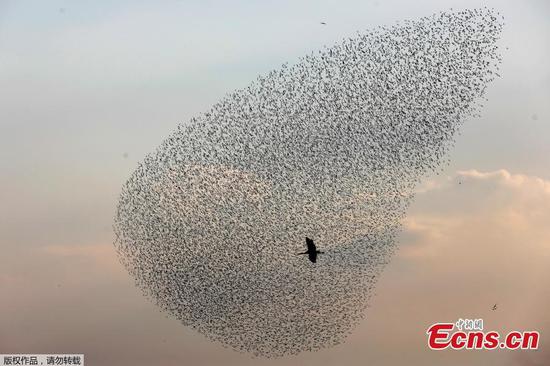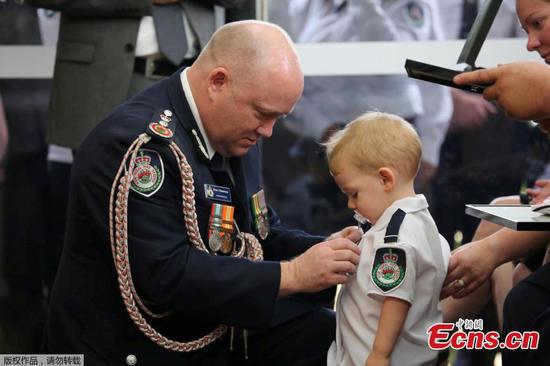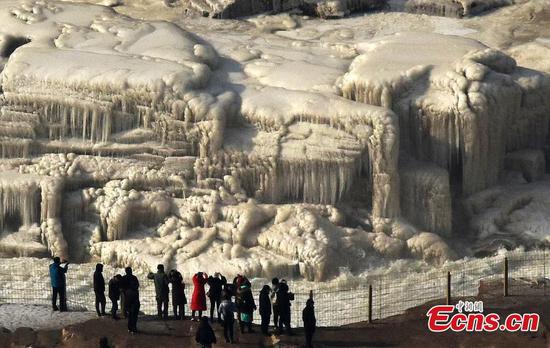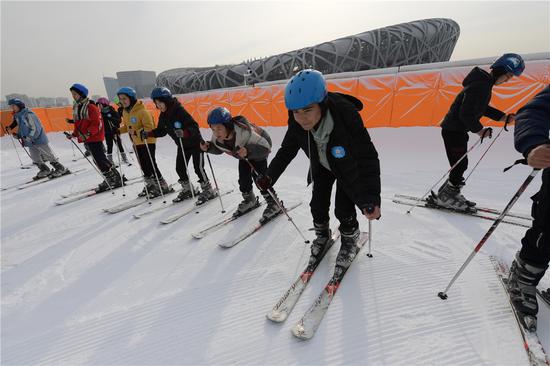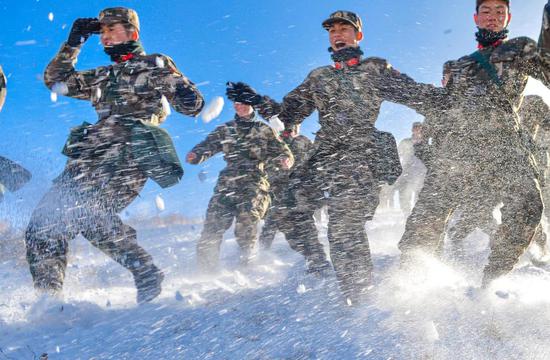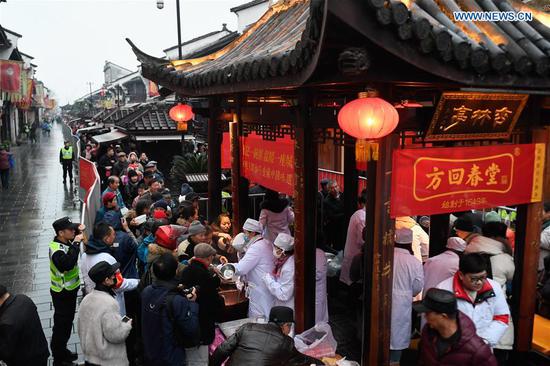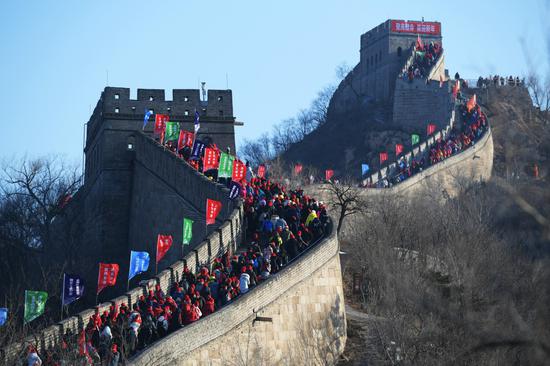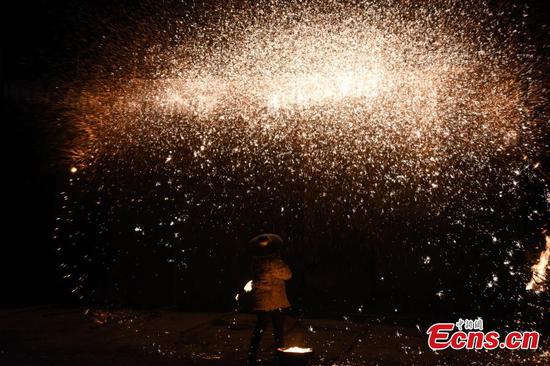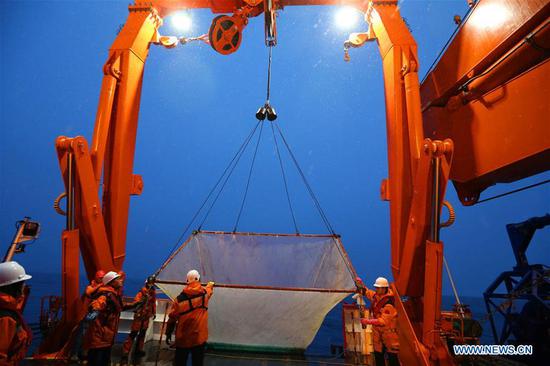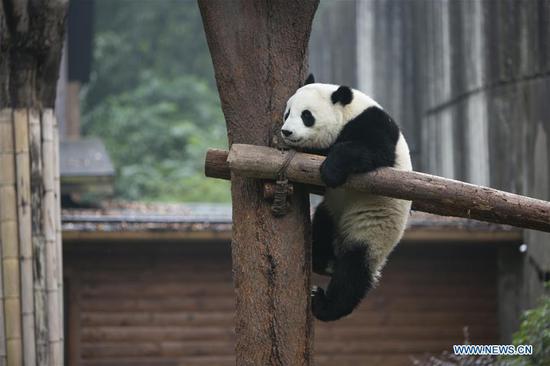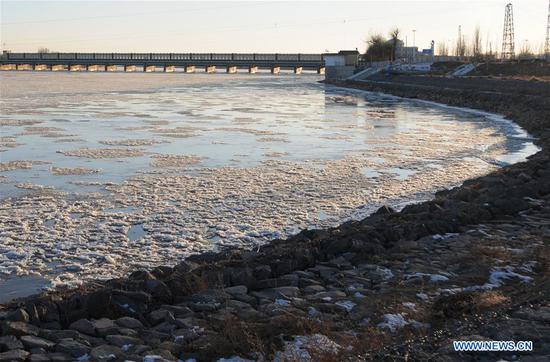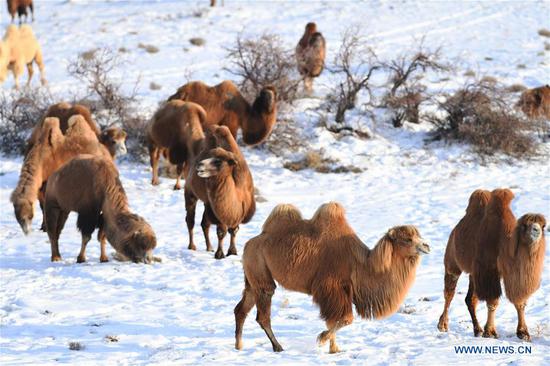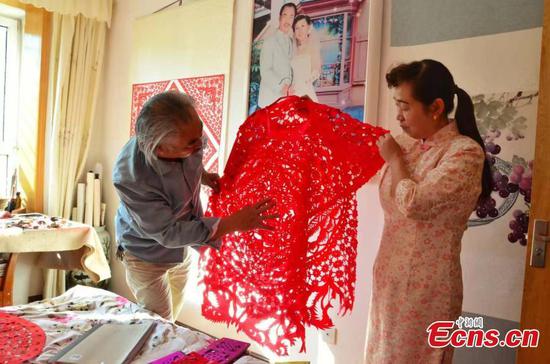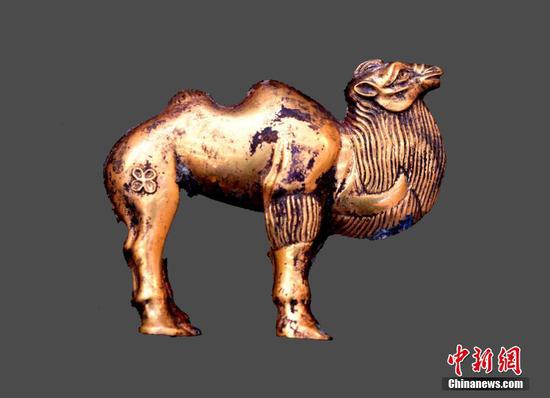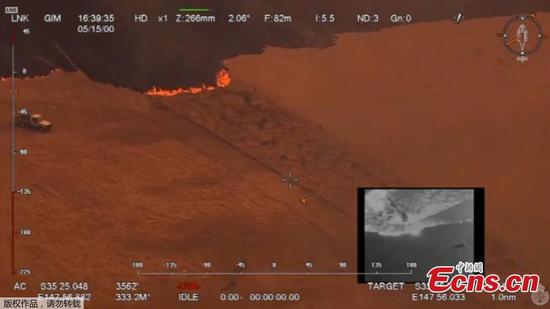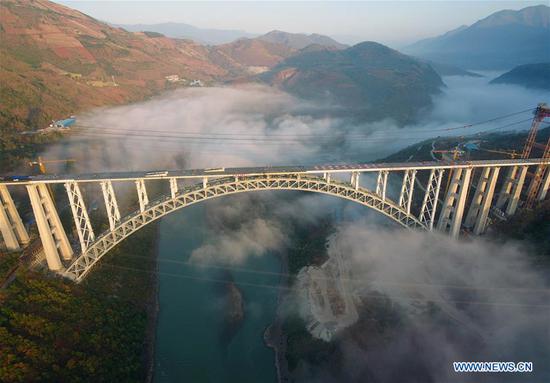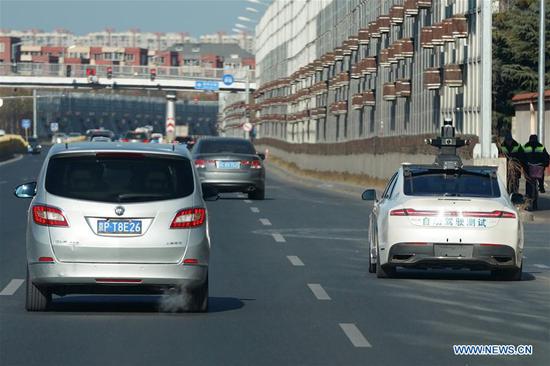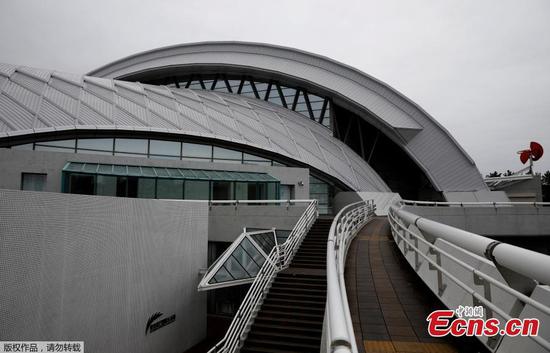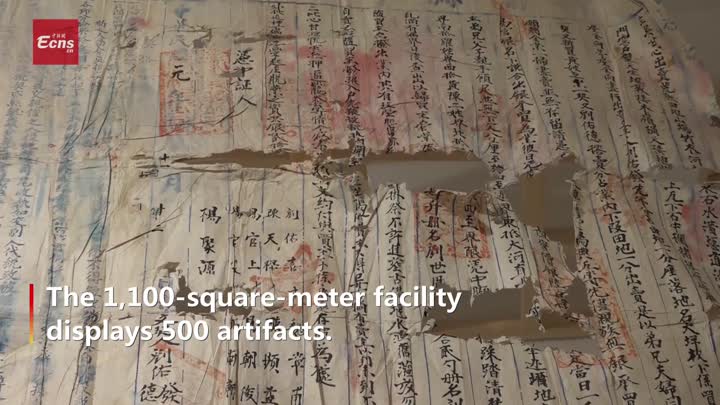
Speed skating star Yang Yang believes her experiences during her glittering career in the rink will give her an extra edge in the global fight against doping.
The 43-year-old became the first Chinese to assume a leadership role in the World Anti-Doping Agency when she was elected vice-president of the organization on Nov 7 in Poland.
And as she began her work this week, the two-time Olympic champion immediately made improving athletes' anti-doping education one of her top priorities.
"I used to be an athlete, so I totally understand the importance of education both on a technical level and a moral level," said Yang, who became China's first Winter Olympic gold medalist when she sped to 500m short-track gold at the Salt Lake City Games in 2002.
"There are two levels of education-the technical level, which incorporates food safety and the correct use of medicine, and more importantly the moral level," Yang said in an exclusive interview with Xinhua.
"It's not only about the top-level athletes. It's more about young athletes, even kids. From an early age, we have to let more people understand the value of being honest and being clean athletes. WADA has already established many good programs. In the future we will continue to further promote these programs."
In November last year, WADA published the 2021 World Anti-Doping Code and International Standards, which will come into force on Jan 1 next year.
Yang believes the new code will help athletes better understand their rights and how to protect themselves in potential conflicts.
She also stressed that athletes' support teams should be absolutely clear on the importance of anti-doping procedures and how they operate.
"Athletes often exist in a cocooned environment, so the people around them have great influence on them," said Yang. "In some places, doping is even a 'culture' in which some believe if others use drugs and you don't, you will be disadvantaged.
"This is a very serious problem and comes with huge risks. One focus of WADA's future work is to punish the illegal actions of athletes' support teams."
Yang hailed China's renewed efforts on the anti-doping front, and has been busy letting the world know about the nation's tough new measures at several international meetings.
"Chinese athletes have to pass an anti-doping knowledge exam to qualify for international and major national events. I heard two athletes were disqualified from this year's National Youth Games because they failed the test," Yang said.
"As China now plays a more important role in international sports, we are also doing a better job in the anti-doping sector.
"WADA and the International Olympic Committee hope China can assume more responsibility in the world's fight against doping."
China is preparing to establish a national anti-doping lab in Shanghai-an example which, Yang believes, many other countries and regions could learn from.
"At Rio 2016, 10 percent of medalists were from countries and regions that had no anti-doping centers or labs," said Yang.
"They lack access to anti-doping education and are not subject to anti-doping tests in everyday life. This is not fair for athletes who constantly undergo doping tests."
WADA intends to provide financial support to such areas "to help build their anti-doping systems, which is critical for the global anti-doping effort," she added.
Since hanging up her skates in 2006, Yang has remained active in the world of sports. She was elected an IOC member in 2010 and has served in several other sports organizations.
The WADA role is her most high-profile appointment yet, and she admits the pressure is on to deliver.
"For me, there's a lot of work to be done in the future," said Yang. "It's just beginning and I'm already feeling the pressure. However, I relish such pressure!"










